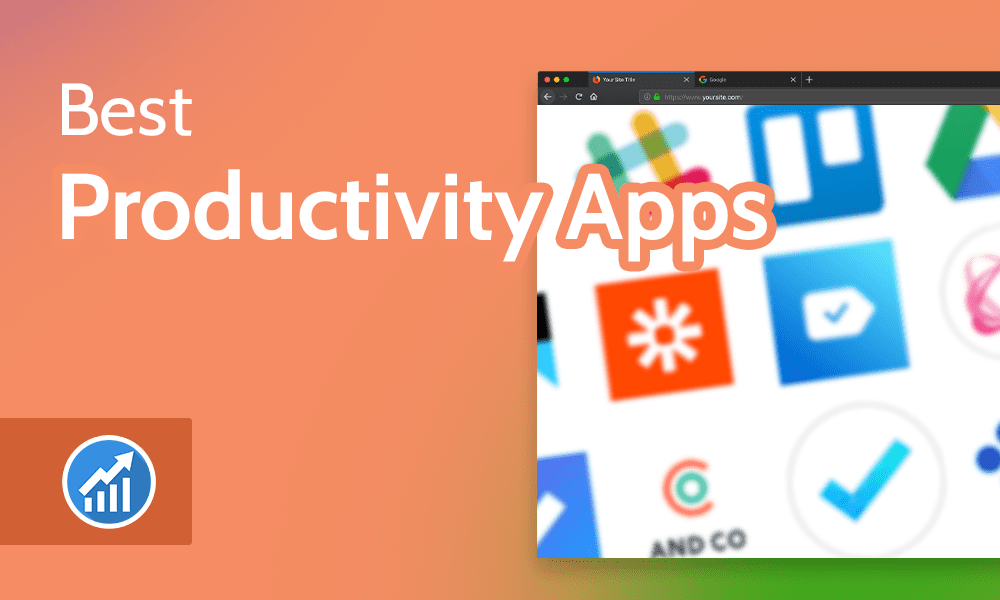
The prospects for jobs in data science are excellent, as the field continues to grow rapidly across industries. Here’s an overview of the key factors contributing to this demand and the opportunities available:
High Demand for Data Professionals
- Widespread Adoption of Data-Driven Decision Making
Organizations are increasingly relying on data for insights to optimize operations, predict trends, and make informed decisions. This trend drives demand for data scientists. - Expanding Applications Across Industries
Data science is applied in healthcare, finance, retail, manufacturing, transportation, education, and government. This broad applicability ensures diverse job opportunities. - Shortage of Skilled Professionals
Despite growth, there remains a skills gap in the market. Employers are eager to hire candidates with strong analytical, machine learning, and domain expertise.
Growing Roles in Data Science
- Traditional Data Science Roles
- Data Scientist: Focus on data analysis, modeling, and presenting actionable insights.
- Machine Learning Engineer: Build, deploy, and maintain AI and ML models.
- Data Engineer: Create pipelines and infrastructure to handle large datasets.
- Emerging Specializations
- AI Ethics Specialist: Ensure fair and ethical use of AI technologies.
- NLP Expert: Work with unstructured data like text or voice to develop applications like chatbots or language models.
- Data Translator: Act as a bridge between technical teams and business stakeholders.
Salary Expectations
- Competitive Salaries: Data science roles typically offer above-average compensation due to high demand and the technical expertise required.
- Regional Variations: Salaries vary based on location, company size, and industry.
Job Market Trends
- Rise of Generative AI
Tools like ChatGPT and DALL-E have opened new frontiers, creating demand for specialists who can work with advanced AI models. - Focus on Big Data
The growth of IoT and large-scale data generation has increased the need for professionals who can manage, analyze, and secure data. - Remote Work Opportunities
Many data science roles are adaptable to remote work, offering flexibility.
How to Break Into Data Science
- Educational Background: Degrees in computer science, statistics, or related fields are common. Bootcamps and certifications also help.
- Technical Skills: Proficiency in Python, R, SQL, and data visualization tools (e.g., Tableau, Power BI) is crucial.
- Portfolio Projects: Hands-on experience with real-world datasets and projects demonstrates skills to potential employers.
Future Prospects
- Automation and AI Evolution: With ongoing advancements, data scientists will play a pivotal role in shaping AI solutions.
- Interdisciplinary Skills: Combining data expertise with domain-specific knowledge (e.g., healthcare, finance) can make candidates even more marketable.
If you’re considering a career in data science, now is an excellent time to start acquiring the skills and knowledge needed for this dynamic and rewarding field.
How to get started
1. Understand the Field of Data Science
Before diving in, get a clear picture of what data science involves. It’s more than coding—it’s about solving real-world problems using data. Key tasks include:
- Data cleaning and preparation
- Exploratory data analysis (EDA)
- Statistical modeling and machine learning
- Data visualization and storytelling
- Working with stakeholders to deliver insights
2. Build a Strong Foundation
Educational Pathways
- Degree Programs: A bachelor’s or master’s in computer science, data science, statistics, or a related field is helpful.
- Online Courses: Platforms like Coursera, edX, and Udemy offer affordable and flexible courses. Examples:
- “Data Science Specialization” by Johns Hopkins University (Coursera)
- “Python for Data Science” by IBM (Coursera)
Key Subjects to Learn
- Mathematics: Linear algebra, calculus, and probability
- Statistics: Hypothesis testing, distributions, and regression analysis
- Programming: Python and R are industry standards
- Databases: SQL for data extraction and manipulation
3. Learn Essential Tools and Technologies
Programming and Libraries
- Python: Learn libraries like NumPy, Pandas, Matplotlib, and Scikit-learn.
- R: Good for statistical analysis and visualization.
Data Visualization Tools
- Tableau, Power BI, or matplotlib/seaborn (Python).
Big Data Technologies (Advanced)
- Apache Spark, Hadoop, and cloud platforms like AWS, Azure, or Google Cloud.
4. Gain Hands-On Experience
Practice Projects
- Start with datasets from platforms like:
- Kaggle: Competitions and datasets
- UCI Machine Learning Repository
- Example projects:
- Predictive modeling (e.g., house price prediction)
- Sentiment analysis on social media data
- Recommendation systems
Internships/Entry-Level Jobs
- Look for internships, freelance gigs, or junior roles in data analysis or business intelligence to get practical exposure.
5. Build a Portfolio
- Document your projects on GitHub or GitLab.
- Create a personal website or blog to showcase your journey and share insights.
- Use platforms like Medium to publish articles explaining your projects.
6. Stay Updated and Network
Stay Current
- Follow blogs and communities:
- Towards Data Science (Medium)
- Analytics Vidhya
- Attend webinars, conferences, and meetups.
Networking
- Join LinkedIn groups for data professionals.
- Engage in discussions on platforms like Reddit (e.g., r/datascience).
- Connect with mentors or peers.
7. Certifications and Advanced Learning
Certifications can help validate your skills:
- Google Data Analytics Professional Certificate (Coursera)
- Microsoft Certified: Azure Data Scientist Associate
- IBM Data Science Professional Certificate (Coursera)
For advanced skills, consider:
- Deep learning (with frameworks like TensorFlow or PyTorch)
- Natural Language Processing (NLP)
- Time-series analysis
8. Practice Communication Skills
A good data scientist can explain technical insights to non-technical audiences. Focus on:
- Data storytelling
- Building clear and concise visualizations
- Writing technical reports
9. Prepare for Job Applications
Build Your Resume
- Highlight your technical skills, tools, and completed projects.
- Include metrics and results from your projects (e.g., “Improved accuracy by 15% using a machine learning model”).
Prepare for Interviews
- Practice coding challenges on LeetCode, HackerRank, or Codewars.
- Prepare for case study discussions (common in data science interviews).
- Study common algorithms, data structures, and machine learning concepts.
10. Start Applying
- Look for entry-level roles like:
- Data Analyst
- Junior Data Scientist
- Machine Learning Intern
- Job platforms: LinkedIn, Indeed, Glassdoor




